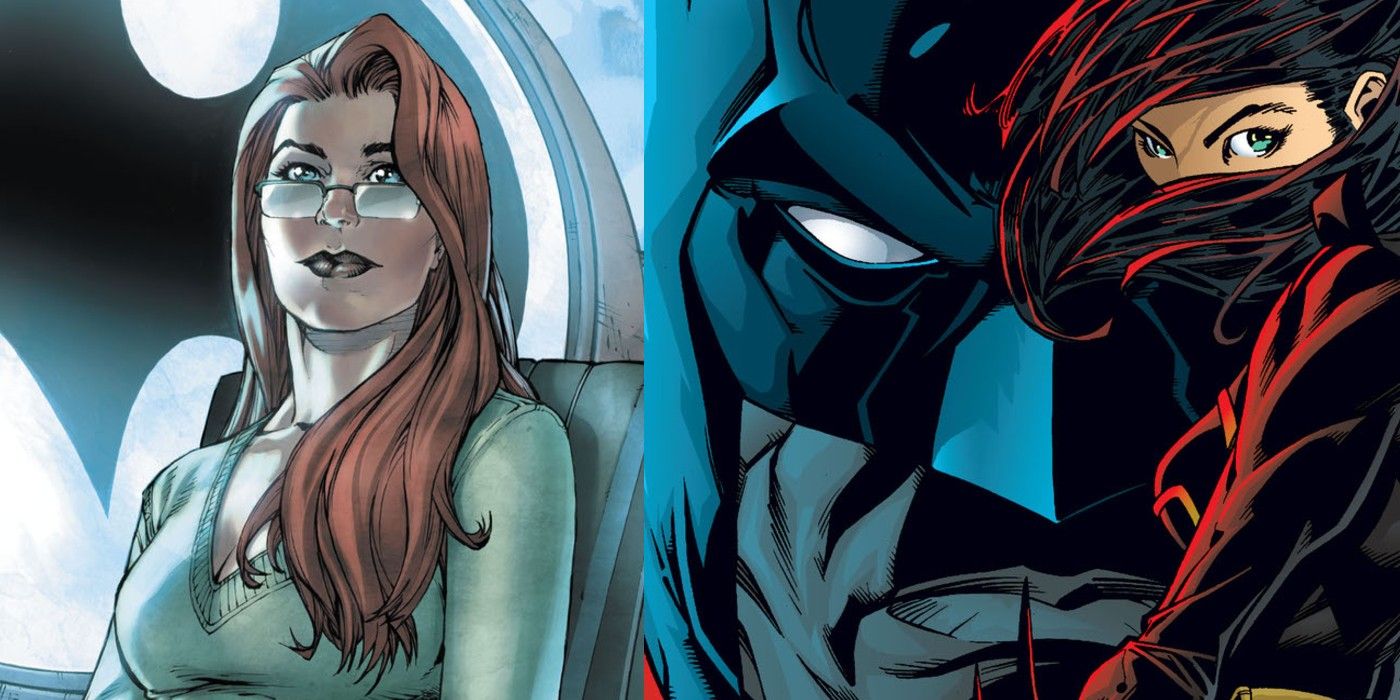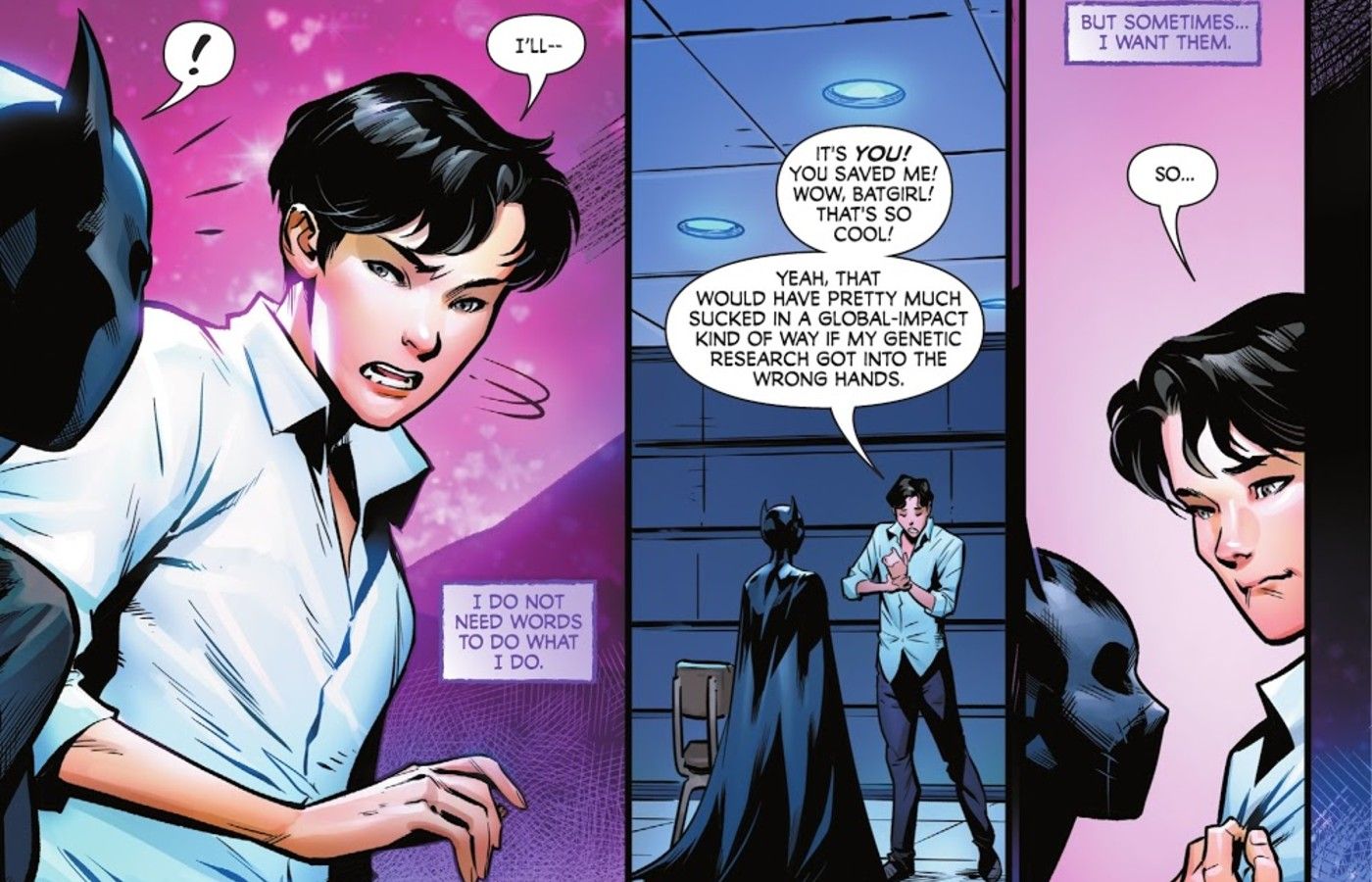
Warning: spoilers ahead for DC Festival of Heroes: The Asian Superhero Celebration #1!
The true legacy of Batgirl is bigger than Batman. In DC Festival of Heroes: The Asian Superhero Celebration #1, Cassandra Cain's featured in two stories. However, one in particular succeeds in showing that what makes her different is what makes her strong and the same is also true for Cassandra's predecessor, Barbara Gordon.
Barbara Gordon first appeared as Batgirl in 1967, within Detective Comics #359. In Suicide Squad #23 from 1989, she would take up a new name: Oracle. Since then, she has featured in numerous comics under both alter egos, finding her own way of fitting into the Bat-Family. Cassandra Cain took up the Batgirl mantle in Batman: Legends of the Dark Knight #120 in 1999. Like Barbara, she has also operated under other assorted codenames.
Both of these Batgirls - Barbara and Cassandra - are prominent figures with disabilities. Barbara's is physical and Cassandra's is cognitive. Barbara was paralyzed after being shot by the Joker in the iconic graphic novel, Batman: The Killing Joke, with this trait becoming an integral part of her character immediately following this story. Cassandra Cain was raised as an assassin - a fact revisited in DC Festival of Heroes: The Asian Superhero Celebration #1. Her training, though highly specialized and focused on non-verbal communication, caused her to develop a cognitive disability. She was never taught how to speak or read.

Batgirl has consistently been a staple of Batman's Bat-Family and broader team. While these traits could be considered physical and developmental weaknesses, the way that they have been approached in the comics has actually turned both aspects into strengths. In the past and from some perspectives, Cassandra is rather problematic as she can be seen as perpetuating the stereotype of the "Silent Asian." However, from another view, especially recently, Cassandra's disability is also one of her greatest strengths. Similarly, Barbara found a way to continue her hero work, even without being able to save Gotham and people the way she used to. Both Batgirls could have easily given up their capes and cowls entirely and retired, considering the suffering they have endured and the scars that their pasts have left on them. Instead, they both rise to the challenge and find a new way to be the best heroes they can be. These aren't imperfections - they are a different kind of super ability.
DC Festival of Heroes features the story "Sounds", by Mariko Tamako, Marcus To, Sebastian Cheng, and Janice Chiang shows Cassandra trying to navigate the world while existing with her disability. This is a much more realistic and positive light for her, as she understands her struggles, is shown with honest fear, and is still pushing towards being a relatively normal young girl, though she isn't, since she's a hero. Her training may have been what led to her disability, and she may not be a typical hero as a result, but it's what allows her to be so perceptive and effective in her role. She sees and hears things that her other Bat counterparts wouldn't pick up on.
Similarly, Barbara shifts up from using physical combat to becoming one of the best detectives in DC comics. She can find information and use technology very impressively, making herself an invaluable member of the Bat-Family. By facing these challenges head-on and adapting, this pair of Batgirls are some of the most admirable characters in DC's arsenal. They rise above their perceived weaknesses and still give their all to do what is right and save others. These Batgirls make their own legacies, independent of their association with Batman.
from ScreenRant - Feed https://ift.tt/3uCYK8l
via IFTTT







0 comments:
Post a Comment